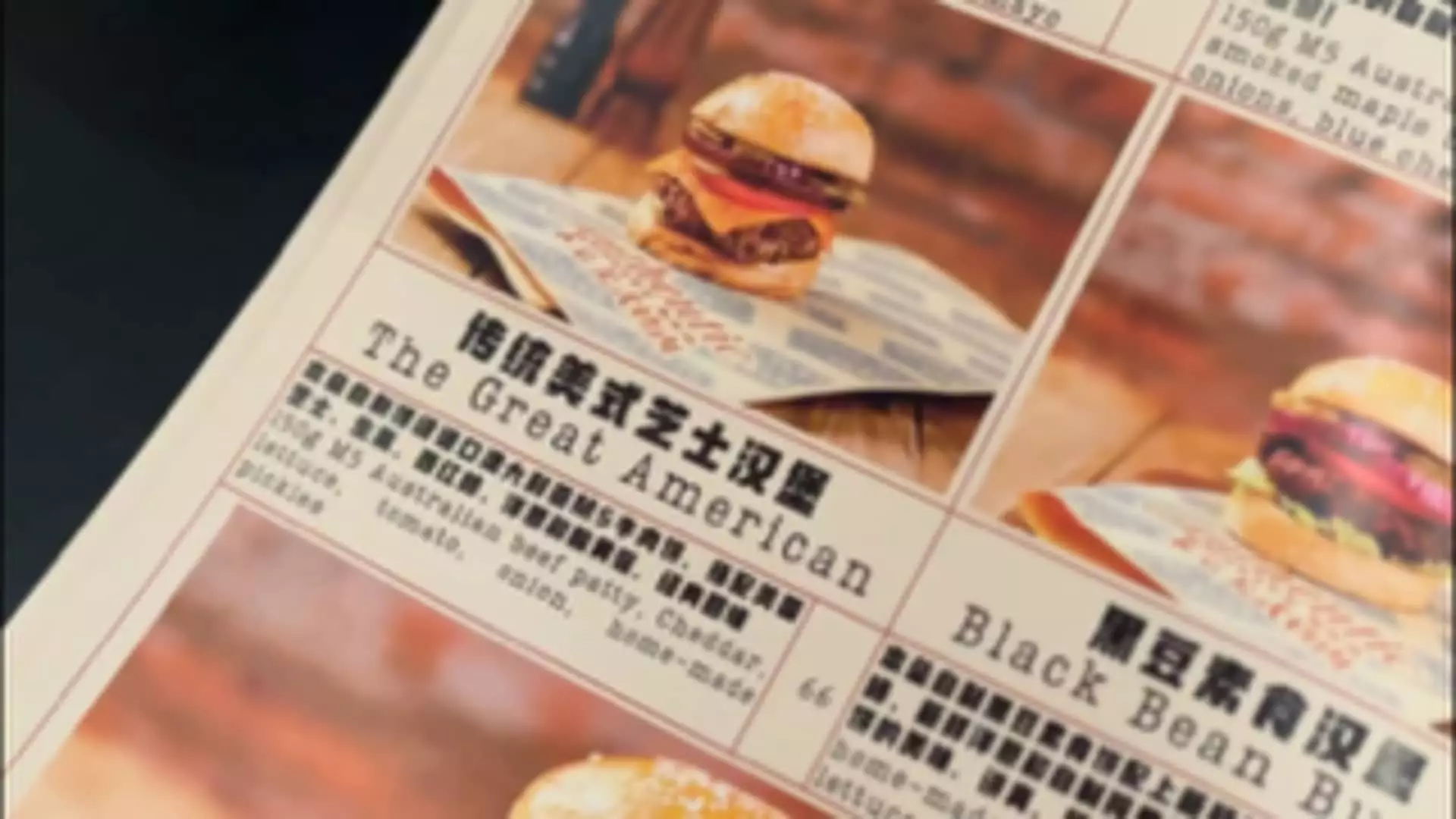In the intricate world of culinary delights, few dishes capture the imagination and taste buds quite like the salt-baked chicken feet—affectionately known as “phoenix talons” in China. Geng Xiaoyun, proprietor of the Kunyuan restaurant in Beijing, once proudly dished out these delicacies, their spongy texture and rich flavor hailing from American suppliers. Yet, as tariffs have soared to staggering heights—an eye-watering 30% increase since March—Xiaoyun has been forced to withdraw this iconic dish from his menu, and who can blame him? This isn’t merely a business decision; it’s a painful reminder of how international politics can seep into the most personal corners of our lives.
The disheartening reality for Geng is that while chicken feet from Brazil or Russia may suffice, they inherently lack the vibrant appeal of their American counterparts. Xiaoyun’s longing for the flavorful returns of American chicken feet isn’t simply about taste; it’s emblematic of a deeper economic struggle that reverberates far beyond the walls of his restaurant. The specter of trade wars disrupts the smooth flow of goods, replacing the harmonious exchange of products and culture with a discordant cacophony of tariffs and sanctions.
The Fragile Landscape of Trade Agreements
The geopolitical chess match between the U.S. and China grows more complex by the day, with each side trading accusations and unveiling regulations that curtail each other’s market access. President Trump’s assertion of “total violations” by China has lit the fuse of tensions that threaten not just deals like the Geneva pact but the culinary culture that is at risk of disruption alongside it. In other words, this is not just a matter of chicken feet; it is about the free exchange of ideas, flavors, and livelihoods.
As the world watches, American products slowly recede from the shelves of Chinese markets. Even a favorite like U.S. Department of Agriculture-grade beef—a cornerstone of American dining in restaurants such as Home Plate—has been replaced by its Australian counterpart as tariffs punch holes into the supply chain. This replacement speaks to a larger issue: when a nation adopts a protectionist stance, it’s not just an economic update; it’s a societal shift.
A Lament for the Culinary Arts
One must ponder: what is the cost of a trade war? It goes beyond numbers and economic forecasts. It seeps into our daily lives, transforming how we interact with the world around us. Flavor and food are languages unto themselves, fostering connections, celebrations, and even solace. When these connections are severed by tariffs and trade disputes, we risk losing more than just access to certain products. We risk forfeiting the rich tapestry of culture that nourishes society.
When Xiaoyun ruminates about a future where American chicken feet might grace his menu again, he isn’t merely reminiscing about a beloved dish; he is expressing hope for a fair and open global marketplace. The eventual outcome of these trade confrontations could redefine not just what we eat but the relationships we forge through food. In a world fragmented by discord, we need to prioritize unity through shared culinary experiences instead of a menu dictated by political agendas.


Leave a Reply